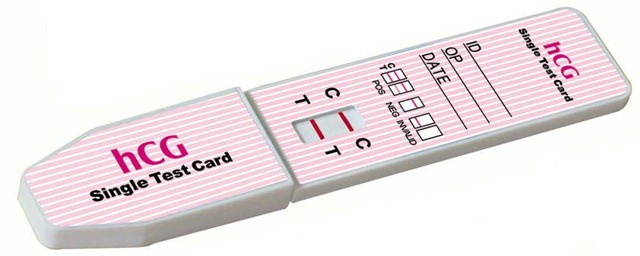Human Chorionic Gonadotropin (hCG) : Everything You Need To Know About

According to Coherent Market Insights " Rising incidence of infertility are expected to drive the growth of Human Chorionic Gonadotropin (hCG) across the globe".
What is Human Chorionic Gonadotropin (hCG) and how does it work?
hCG (human chorionic gonadotropin) is a hormone that is present in the blood and urine of pregnant women. Shortly after the embryo is implanted in the uterus, HCG is detectable in the blood (roughly three weeks into a four-week menstrual cycle). 1 As your hCG levels rise, your body recognizes that you are pregnant, and the womb goes to work constructing a safe environment for your baby to thrive in.Why Does It Matter?
When an embryo develops, it produces Human Chorionic Gonadotropin (HCG), which aids in the development of other crucial pregnancy hormones such as progesterone and oestrogen. The uterine lining thickens and the blood supply increases, allowing the embryo to be received and fed following implantation. The right balance of these important hormones is crucial for a healthy pregnancy and baby's development.Tests for Pregnancy -
The hCG in the urine is detected by home pregnancy tests. The measurable levels of hCG should double every two days in early pregnancy. Around the first day of a missed menstrual period, the hormone becomes detectable in the urine. Wait several days after missing a period before taking a pregnancy test for maximum accuracy.Complications of Pregnancy -
Human Chorionic Gonadotropin (hCG) levels are helpful in alerting clinicians to pregnancy difficulties, such as miscarriage. Women who have their hCG levels fall for two to three days in the first trimester in two quantitative hCG blood tests are frequently told that they are on the verge of miscarriage.This is especially true for women who are experiencing other miscarriage symptoms like vaginal bleeding during pregnancy.


Comments
Post a Comment